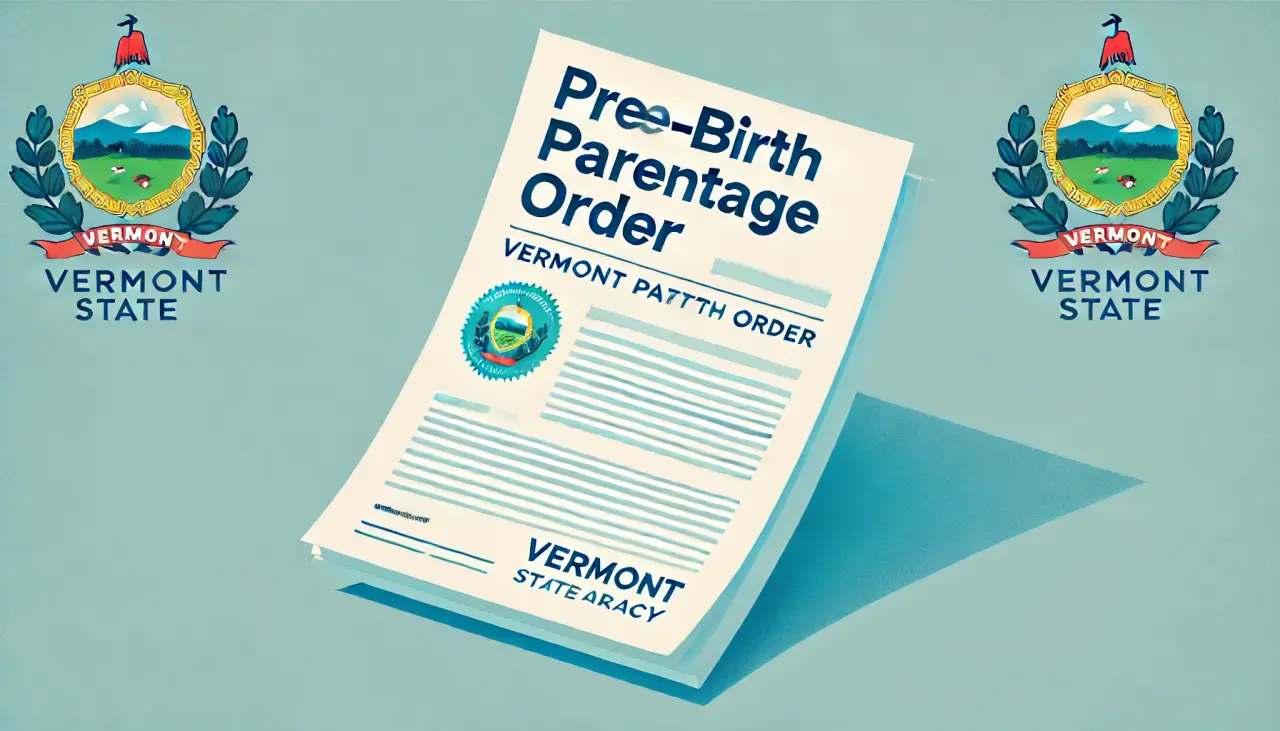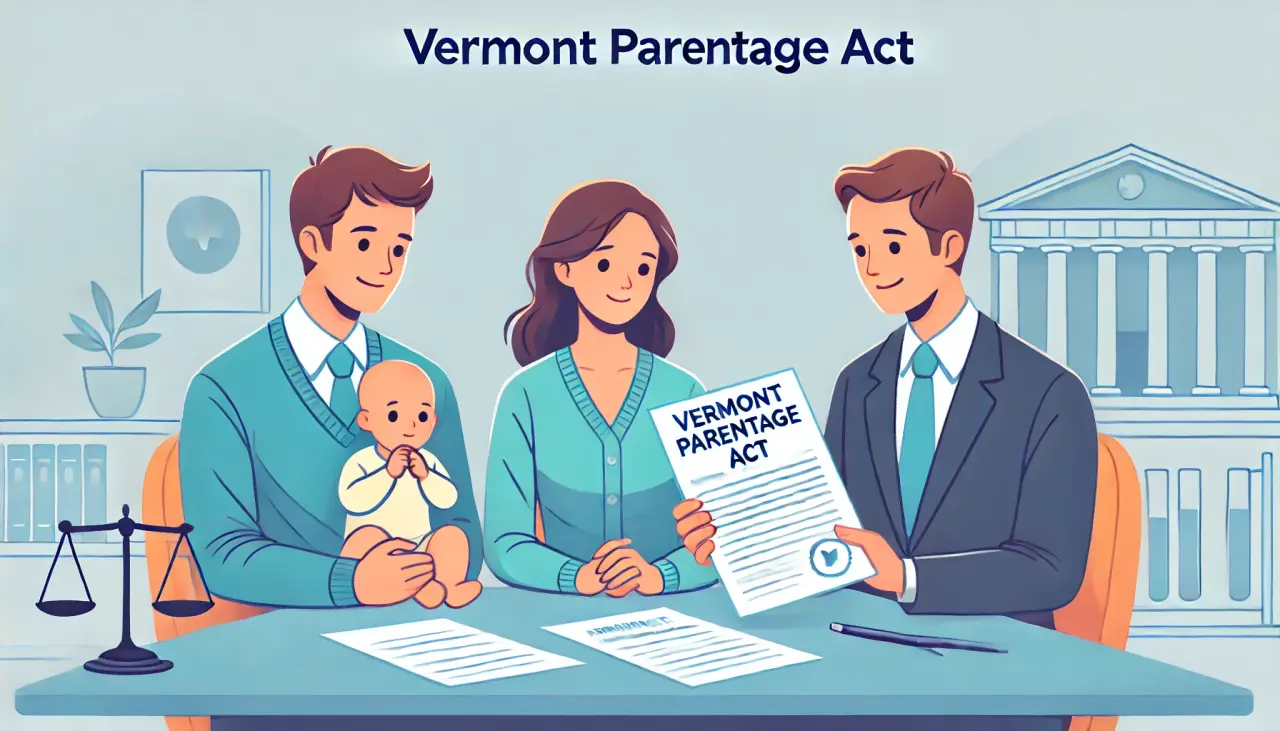
Vermont Surrogacy Law: Parentage Orders and LGBTQ Surrogacy Rights
In Vermont, surrogacy is a structured and inclusive process governed by the Vermont Parentage Act, effective since July 1, 2018. The law provides comprehensive rights to all types of intended parents, including LGBTQ individuals, married and unmarried couples, and single parents. This article dives into the details of Vermont Surrogacy Law, exploring its approach to parentage orders, and the unique protections offered to LGBTQ families. Understanding how Vermont handles parentage orders in surrogacy cases is vital for ensuring the security and legal standing of intended parents and children alike.

Pre-Birth Parentage Orders in Vermont
The Vermont Parentage Act allows intended parents to secure a pre-birth parentage order, affirming their rights before the child is born. This is a significant feature of Vermont surrogacy law, providing peace of mind to intended parents. The eligibility for parentage orders is based on the genetic relationship to the child and the parents’ marital status. As long as one intended parent has a genetic link to the child, the following arrangements are eligible for a pre-birth order:
- Married and Unmarried Heterosexual Couples: Using their own or donated eggs/sperm.
- LGBTQ Surrogacy in Vermont: LGBTQ couples using donated eggs or sperm are also eligible.
- Single Intended Parents: Whether using their genetic material or a donor’s.
In cases where neither parent is genetically linked to the child, they are still eligible for a parentage order. This inclusivity reflects Vermont’s commitment to protecting diverse family structures.

LGBTQ Surrogacy in Vermont
LGBTQ surrogacy in Vermont is fully supported by state law. For same-sex couples, both intended parents are listed on the child’s birth certificate, identified as “Parent and Parent.” Vermont also facilitates birth certificates for foreign same-sex couples, allowing the biological father to be initially listed and later updated to include both intended fathers, excluding the surrogate. For LGBTQ parents from other states, Vermont honors second-parent adoptions and updates birth certificates accordingly.
Handling Parentage Orders Across Different Courts
Vermont handles surrogacy-related parentage orders uniformly, regardless of the county in which the child is born. The state allows intended parents to receive the child’s birth certificate typically within two weeks after birth. This ensures a streamlined process for all intended parents, regardless of where the surrogate gives birth within Vermont.

Legal Protections for Egg and Sperm Donors in Vermont
Under Chapter 7 of the Vermont Parentage Act, gamete donors (egg and sperm donors) are legally protected, ensuring that they hold no parental rights or obligations toward the child. This protection enables surrogacy arrangements to proceed without legal complexities concerning the donor’s status, allowing intended parents to secure parental rights exclusively.
Traditional Surrogacy and Its Legal Implications
While Vermont law explicitly supports gestational surrogacy, traditional surrogacy (where the surrogate provides her egg) is treated differently and often requires following an adoption process. This distinction is crucial, as the new Vermont Parentage Act doesn’t provide direct guidelines for traditional surrogacy, leading to unique legal steps for intended parents choosing this path.